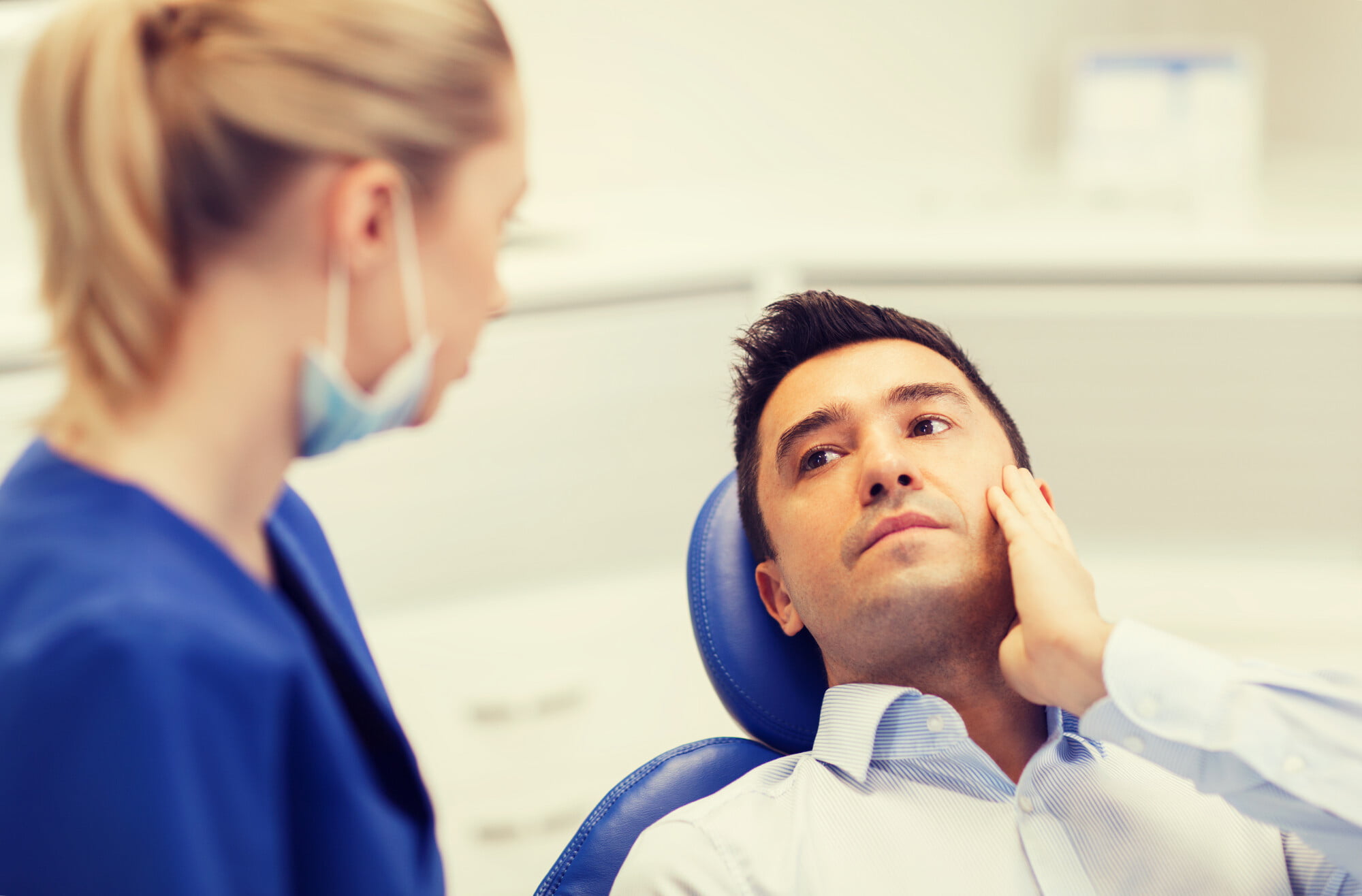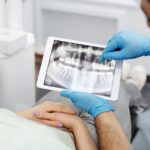Many of us avoid the dentist for one reason or another and never get around to going. As a result, we miss check-ups, get more severe tooth decay, and then we have a problem when a dental emergency arises.
Ironically, we might get a toothache, then try to tough it out at home, only to find out we have a chip in a tooth one day and need to see an emergency dentist. If a dental emergency hits and you don’t have dental insurance, you may be stuck with a hefty bill.
Read on to learn what to do if you have a dental emergency.
Assess the Situation
When confronting a dental emergency, it is essential to assess the situation to determine the best course of action. Do a quick assessment of the pain you are feeling, the type of injury, and any bleeding.
When assessing the situation, determine whether or not the emergency requires immediate attention. This may include a severe toothache that is causing pain, a loose or broken tooth, or severe swelling or bleeding in the mouth. Depending on the seriousness of the incident, you may need to see a dentist as soon as possible, or you may be able to delay until regular dentistry office hours.
Rinse Mouth With Warm Water
Rinsing your mouth with warm water can be crucial to managing a dental emergency. Warm water can help reduce pain, remove debris and help stop bleeding after an accident or other trauma to the mouth.
It can also help reduce swelling by increasing blood circulation and improving healing. In addition, warm water can help clear away bacteria, which can protect against infection. When rinsing, it’s essential to be gentle; otherwise, you could damage or dislodge your teeth.
Try Over-the-Counter Pain Medicine
When you have a dental emergency and are in pain, discomfort, or swelling, over-the-counter (OTC) pain medications can temporarily relieve your symptoms. Nonsteroidal anti-inflammatory drugs (NSAIDs) like ibuprofen and naproxen are especially good at treating muscle pain, swelling, and inflammation around the mouth caused by dental work.
Acetaminophen can also help with pain that isn’t too bad. Depending on your dental problems, you may need to take one or more of these medicines.
Always follow the package’s directions or ask your pharmacist to help determine the correct dose. OTC pain relievers can help, but if the pain doesn’t go away, you should always call your dentist to get checked out and get advice.
Call an Emergency Dentist
For those dealing with a dental emergency, it is essential to call an emergency dentist as soon as possible. This is not just for the person needing emergency dental care but for their overall dental health.
Emergency dentists treat severe pain, toothache, broken teeth, infections, and more. A dental emergency can be a frightening experience. Seeking help immediately from a dental office open near me can prevent more severe complications.
Know What to Do in a Dental Emergency!
A dental emergency can be an overwhelming experience. It is essential to stay calm, find the best emergency dental option for your specific needs, and take the necessary steps to treat your condition.
Reach out to your local emergency dentist for expert advice and treatment when experiencing a dental emergency. Whatever the situation, don’t risk your health and well-being by not seeking professional help.
What are you waiting for? Get the help you need today.
For more great tips, browse through some of our other blogs.









